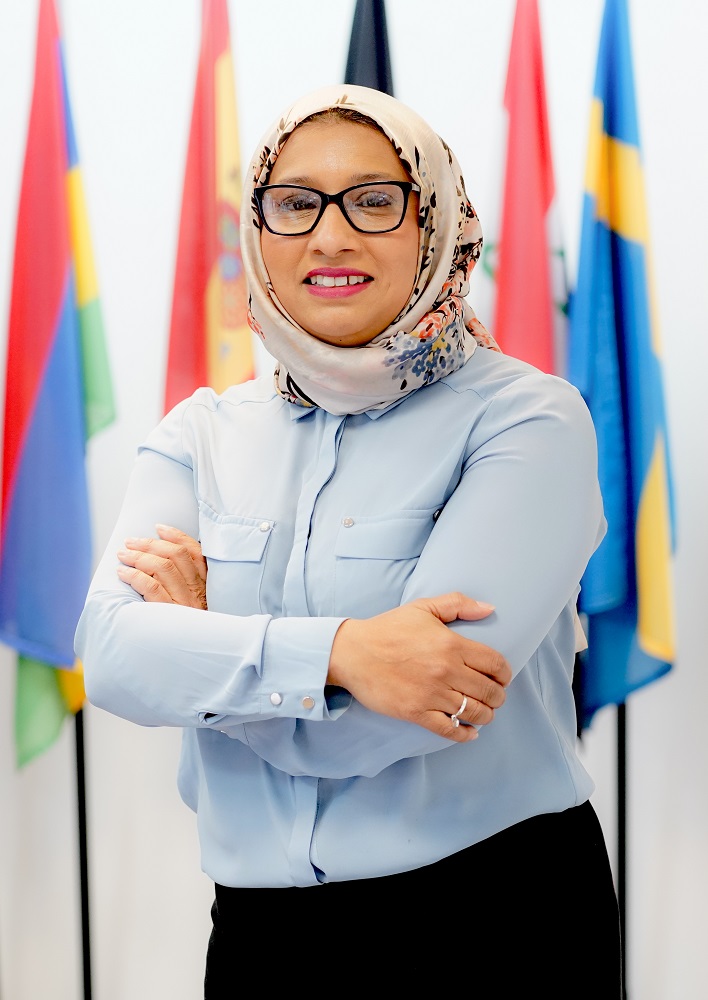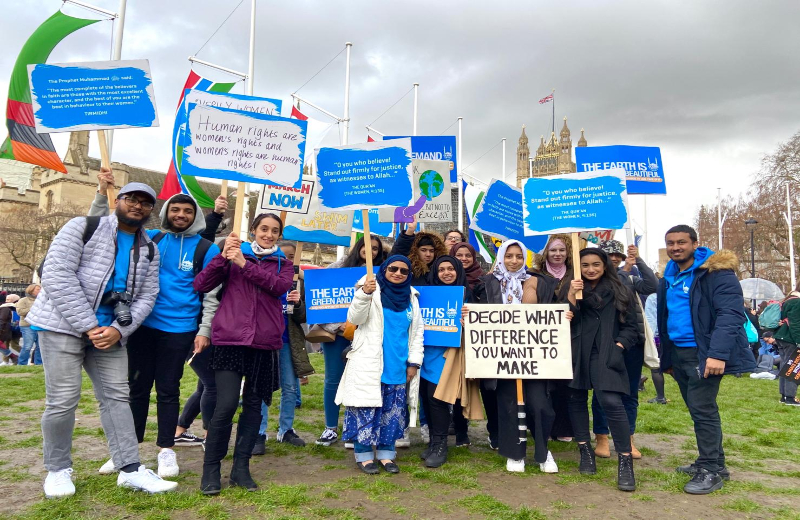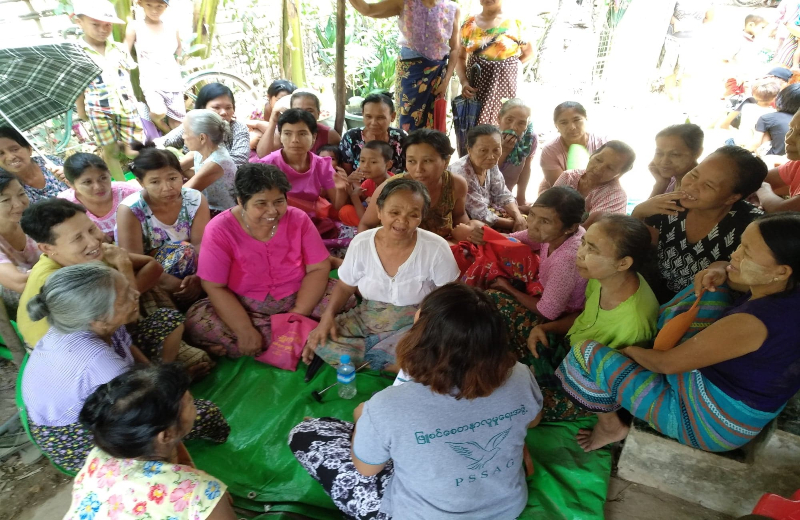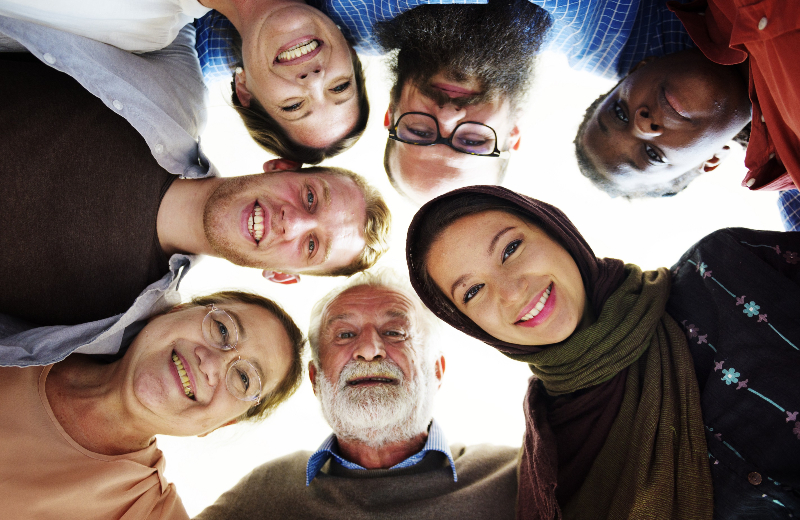
As we approach the new year, Islamic Relief’s head of global advocacy, Shahin Ashraf, shares her 6 lessons from 2020.
Do what is beautiful. God loves those who do what is beautiful. (Qur’an, 2:195)
I’ve witnessed hope in 2020, I’ve seen it and I’ve lived it.
As we now approach a new year, such hope definitely leads me to believe that 2021 will be a greater year for faith and humanity.
Without exception, every person this year has faced a challenge or difficulty and many have even felt overwhelmed to the point where they see no way out. But there is hope.
The word raḥma (mercy) conveys the meaning of love and compassion. The Qur’ān teaches that no-one should ever lose hope or despair, and to remember God’s raḥma.
This reminds me of the story of Prophet Yusuf (AS) who was sold into slavery by his brothers. Despite such hardship, he went on to become an advisor to the Pharaoh.
The lesson here is that God ultimately has a plan for each of us.
We do not understand why things happen to us now, but down the line, we may look back and recognise that those challenges were necessary to make us the better person we now have become.
The story of Prophet Ayub’s resilience, perseverance and patience in dealing with trials and tribulations is also one of the many stories recorded in the Qur’an.
So here are six things we have learnt this year at Islamic Relief and that set a foundation for what we hope for the year to come.

1. Faith plays a crucial role in bringing people together
Different faiths working together is something that truly inspires me.
In Greece for example, we’ve just this month started a new project with the Jewish humanitarian organisation HIAS to provide vulnerable refugees with mental health support and legal advice.
Muslim and Jewish organisations are supporting Greek orthodox Christian lawyers who are working throughout Christmas to support refugees of all faiths and none from all over the world.
So something that gives us hope for 2021 at Islamic Relief is the concept of working together.
2. We can make a real difference combatting climate change
It’s been a year of real action on climate change. Communities we work with are taking vital steps to combat climate change.
For example, in arid regions of Pakistan, we’re working with farmers to use special seeds that require less water and to expand solar and wind power systems in remote areas. However, this kind of community action needs more global leadership.
And with the UK hosting COP26 in November 2021, we have a great opportunity to make 2021 the year when governments finally take real action to address the climate emergency and reduce emissions.
We hope that governments will use this year to take real steps towards reducing man-made greenhouse emissions to zero.

3. There’s hope for gender justice!
We’re seeing real positive change on issues of gender justice and ending discrimination and harmful practices against women and girls.
Young people are taking action and leading the way in their communities. In Somalia for example, we’re working with teenage girls who are campaigning for an end to female genital mutilation/cutting (FGM/C) in their villages. And they’re getting boys involved too!
Slowly they’re changing attitudes among the next generation, alhamdulillah!
Meanwhile, in Mali, we’re supporting children’s rights clubs led by schoolchildren who advocate to local elders for measures to be put into place to stop child abuse and child marriage. This also critically includes advocating for girls to stay in school.
Next year we’re launching the Islamic Gender Justice Declaration – a landmark commitment by communities and organisations of all faiths to use key Islamic faith principles of justice and balance to challenge harmful cultural practices and social conditions. Watch this space!

4. We need to focus on community peacebuilding – yes it takes a village!
There is a lot of conflict in the world but we’re continuing to see real examples of how a faith and community-based approach to local peacebuilding can show the way for reducing conflict.
In Mandera in north-eastern Kenya, where there are frequent clashes between different clans, we’ve supported local peace councils, getting more youth and women involved in mediating tensions. As a result, there’s been a reduction in inter-clan conflicts.
Over in Pakistan, youth are traditionally excluded from peacebuilding and reconciliation during community disputes that often escalate into deadly violence. However, one of the village youth groups supported by Islamic Relief worked with the local police to solve a conflict over access to a water well.
The community elders saw their impact and allowed the youth to get involved in other disputes. The group has since resolved eight local disputes this year. Fantastic changes!

5. The spirit of humanity and giving never ceases to amaze!
This has been an incredibly difficult year for everyone. Compassion and generosity are therefore more important than ever.
Despite the difficulties with the Covid-19 pandemic, it’s been truly heartening to see how, even at this time, people continue to give money to those less fortunate than themselves.
Although many governments are cutting aid budgets, our supporters are still being extremely generous and are more determined than ever to help the world’s most vulnerable people.
Alhamdulillah, hundreds of students and volunteers raised a staggering £878,000 for Charity Week in the UK this year, despite the pandemic and the challenges of social distancing. SubhanAllah!
6. We need to talk openly about race, identity and belonging
This year we have seen inequalities surface, from within the health sector, financial struggles, a rise in domestic abuse and the resurgence of racist acts.
We need to know the difference between diversity and inclusion. Inclusion isn’t simply about numbers but creating real spaces where diverse voices are listened to, appreciated and part of change-making processes.
Simply “being in the room” isn’t enough – we need to make sure that voices are heard, experiences are understood and those new ways of working are created.
As an organisation, we will continue to challenge inequalities across the board.

Quite simply: if there are no people of colour in strategy-making positions in an organisation, this needs fixing. And we intend to do this!
I’ll end with some final words from the Sufi Muslim women poet Rabiaa al Basri:
My Greatest Need Is You,
Your hope in my heart is the rarest treasure
Your Name on my tongue is the sweetest word.
Let’s hope that 2021 brings greater ease, unity and peace.
Here’s to a great 2021. Happy New Year from all of us at Islamic Relief!










